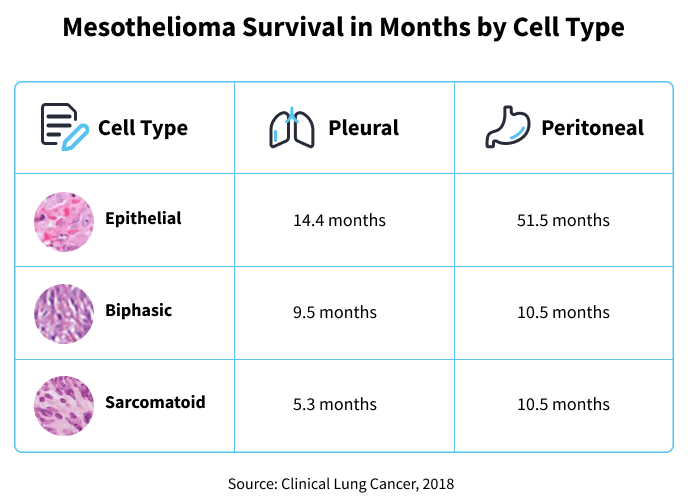Introduction: Explore the critical factors that impact mesothelioma surgery survival rates. Learn about disease stage, surgical approach, patient characteristics, and other key considerations for informed decision-making.

Mesothelioma surgery is a crucial component of treatment for patients diagnosed with this aggressive cancer. However, understanding the factors that influence survival rates following mesothelioma surgery is essential for patients and their healthcare teams. By examining various variables such as disease stage, surgical approach, and patient characteristics, individuals can make more informed decisions about their treatment options and expectations for outcomes.
1. Disease Stage:
One of the primary factors influencing mesothelioma surgery survival rates is the stage of the disease at the time of surgery. Generally, patients diagnosed with early-stage mesothelioma tend to have better survival rates following surgery compared to those with advanced-stage disease. Early detection and accurate staging are crucial for determining the feasibility of surgery and predicting prognosis.
2. Surgical Approach:
The choice of surgical approach can significantly impact mesothelioma surgery survival rates. Procedures such as pleurectomy/decortication (P/D) and extrapleural pneumonectomy (EPP) are commonly used to remove cancerous tumors and affected tissue. The expertise of the surgical team and the institution’s experience with mesothelioma surgeries also play vital roles in determining surgical outcomes.
3. Patient Characteristics:
Several patient-specific factors can affect mesothelioma surgery survival rates. Age, overall health, and the presence of comorbidities may influence a patient’s ability to tolerate surgery and recover effectively. Additionally, lifestyle factors and preexisting conditions should be considered when assessing surgical candidacy and predicting postoperative outcomes.
4. Multimodal Therapy:
Combining surgery with other treatment modalities, such as chemotherapy and radiation therapy, can enhance mesothelioma treatment outcomes. Adjuvant therapies administered before or after surgery may target residual cancer cells and reduce the risk of disease recurrence, thereby improving survival rates for patients undergoing mesothelioma surgery.
In conclusion, understanding the factors that affect mesothelioma surgery survival rates is essential for patients and healthcare providers alike. By considering variables such as disease stage, surgical approach, patient characteristics, and multimodal therapy options, individuals can make more informed decisions about their treatment journey. Early detection, comprehensive care, and collaboration between patients and healthcare teams are key to optimizing outcomes and improving survival rates for mesothelioma patients undergoing surgery.
Q&A
What are risk factors for mesothelioma?
Risk factors for mesothelioma primarily include exposure to asbestos, a naturally occurring mineral used in various industries. Occupational exposure in sectors such as construction, shipbuilding, and manufacturing is common. Additionally, living in environments with asbestos contamination and genetic predisposition can increase the risk of developing mesothelioma.
What is the life expectancy of a person with mesothelioma surgery?
The life expectancy of a person who undergoes mesothelioma surgery varies depending on factors such as the stage of the disease, the type of surgery performed, the patient’s overall health, and the effectiveness of adjuvant treatments. On average, survival rates following surgery range from several months to a few years, with some individuals experiencing extended periods of remission or improved quality of life.
What is the prognostic factor for malignant mesothelioma?
Prognostic factors for malignant mesothelioma include the stage of the disease at diagnosis, the histological subtype of the tumor, the patient’s overall health and age, the extent of tumor resection during surgery, and the effectiveness of adjuvant treatments. Additionally, factors such as tumor location and genetic mutations may also influence prognosis.
What makes mesothelioma worse?
Smoking is also a primary contributing factor to COPD and the worsening of lung health in mesothelioma patients. Pneumonia. Pneumonia—an inflammation of the lungs’ air sacs caused by infection—is an illness that is extremely difficult for patients with compromised immune systems to combat.
